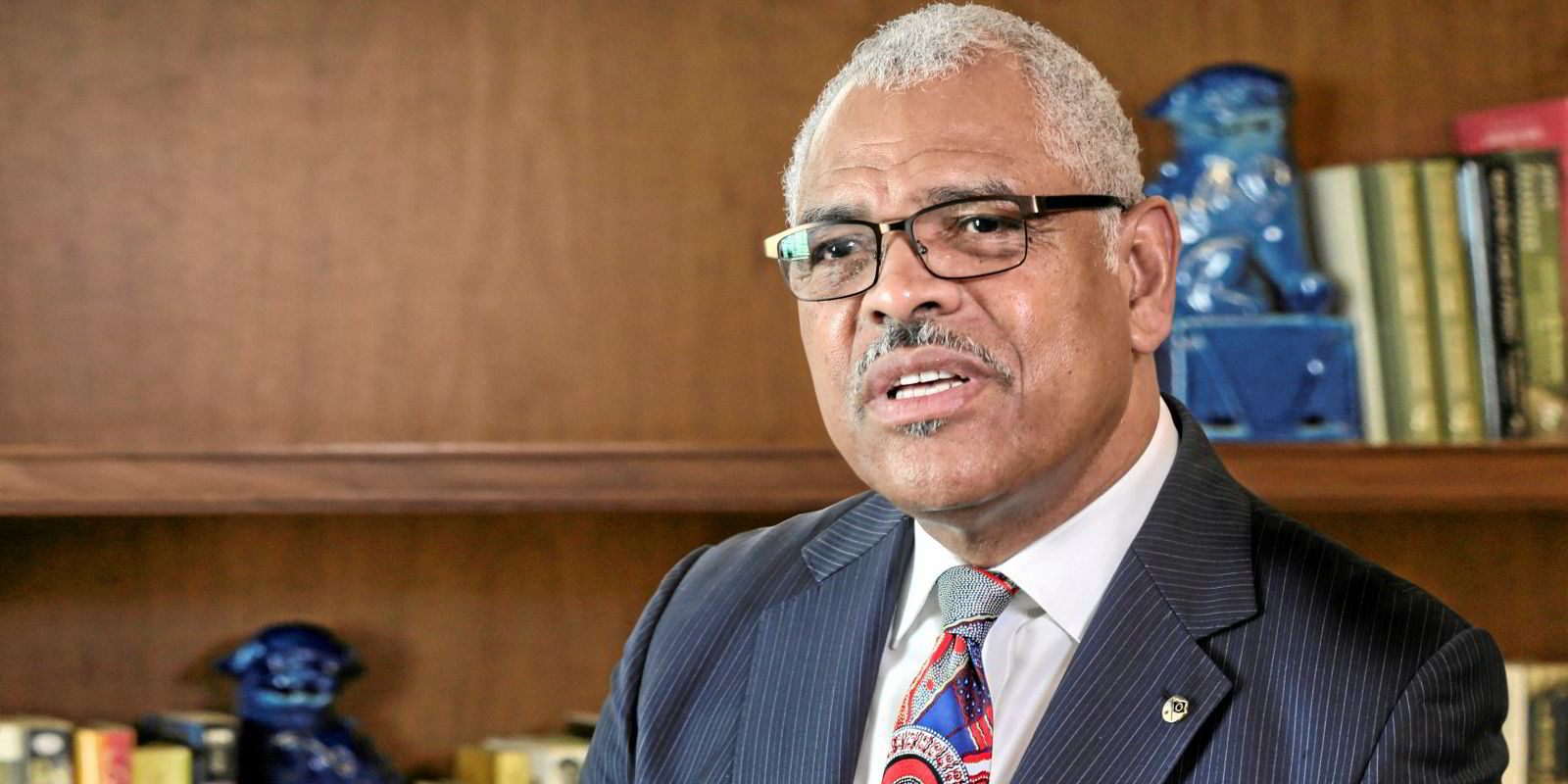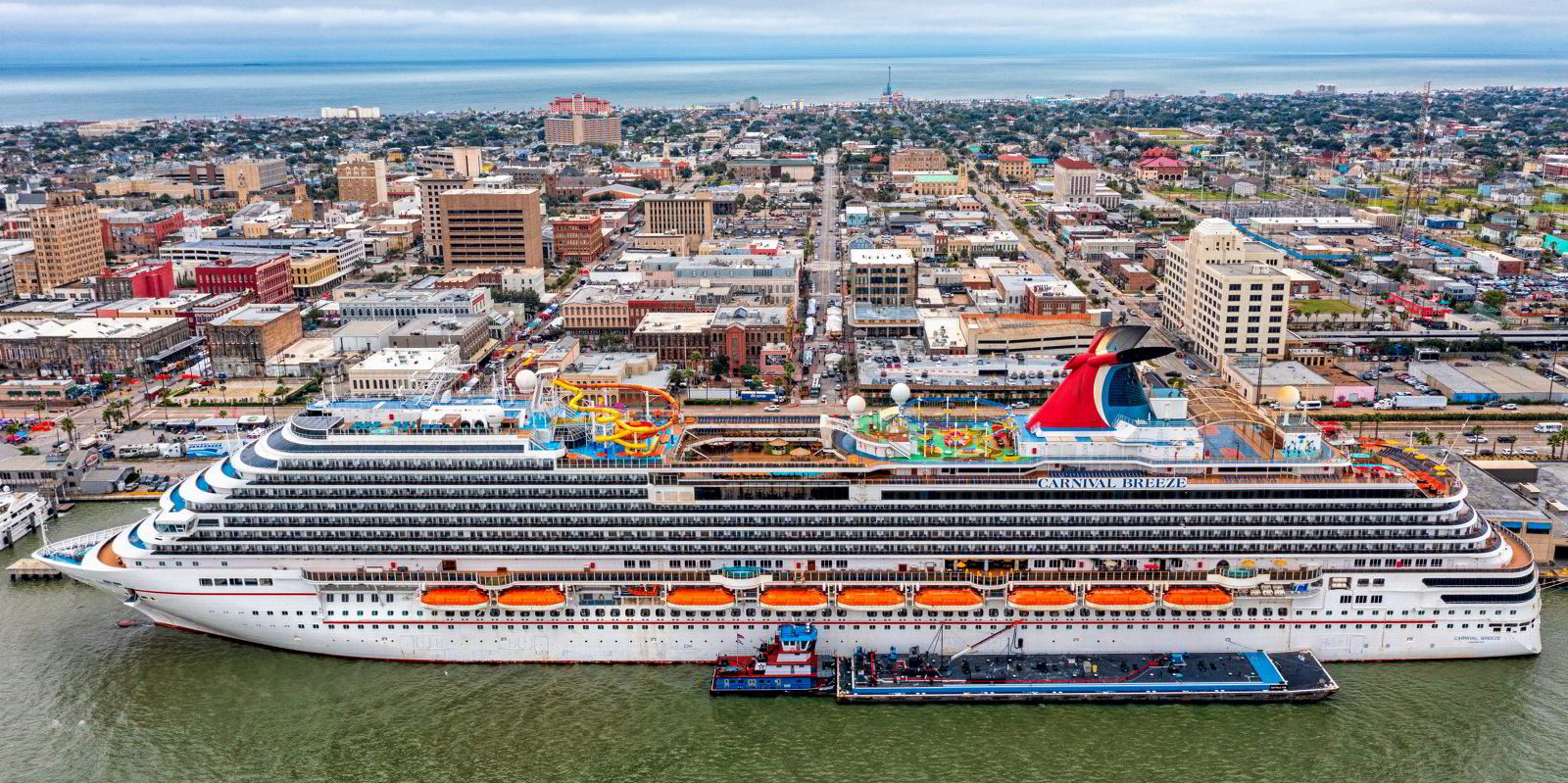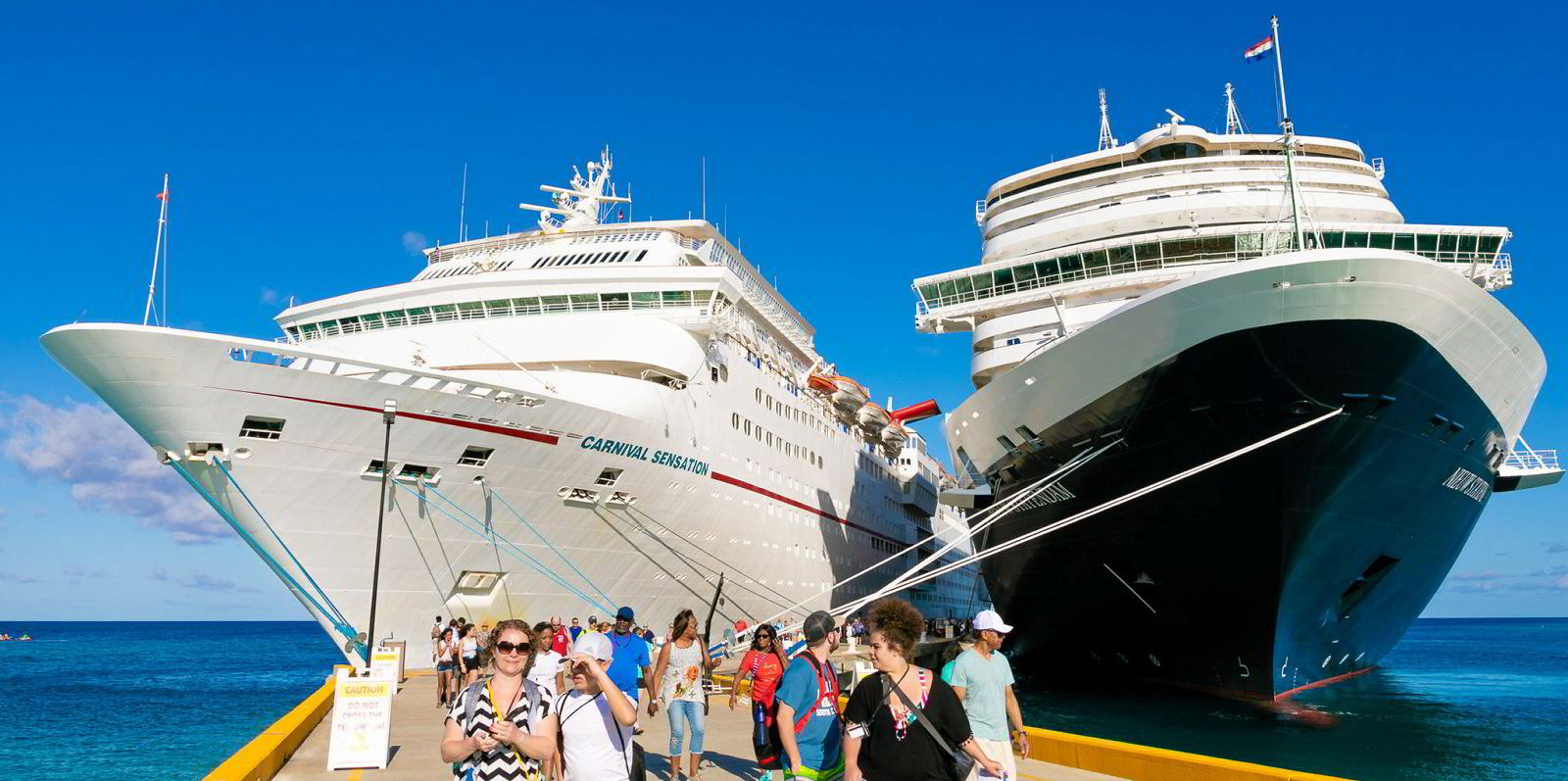The term "revenue management" may not be catchy as "Funderstruck", the new word that Carnival Cruise Line has coined in its latest advertising campaign.
But it stood out in parent Carnival Corp's latest business update as the New York-listed cruise giant pulled off pricing for advanced bookings that beat pre-pandemic levels, a time when the market was hot.
As it reported earnings for its fiscal fourth quarter, the Miami cruise giant said that its cumulative advanced bookings for the second half of the 2022 fiscal year and the first half of 2023 are at or near historical highs.
That's softer language on booking volumes than Carnival gave in its prior business update, Macquarie Capital analyst Paul Golding told TradeWinds.
"The reason given was a positive one. It was that the booking curve was being managed with stronger pricing," he said.
As TradeWinds has reported, Carnival Corp reported a deeper-than-expected quarterly loss for the fiscal fourth quarter, which ended 30 November.
The cruise giant reported $2.62bn in red ink, below the $2.22bn net loss in the same quarter of the last fiscal year.
Adjusted loss per share, which excludes items not typically included in analyst estimates, came in at $1.72, according to Macquarie. The consensus estimate on Wall Street called for a loss per share of just $1.28.
But investors looked beyond the loss to the cruise company's optimistic outlook, with shares gaining for two straight days.
The positive readthrough also helped shares of rivals Royal Caribbean Group and Norwegian Cruise Line Holdings, with the Big 3 companies adding a combined $2bn in market capitalisation in one day, according to a TradeWinds analysis of share data.
While Carnival executives acknowledged some impact on close-in bookings as a result of the Omicron variant, pricing and revenue data there was also positive.
Revenue per passenger per cruise day was 4% higher in the fiscal fourth quarter than in the same period of 2019.
"We took it to be quite positive that we saw accelerated booking volumes despite a pricing increase on the back of the initial Delta concerns," said Golding.
Carnival is continuing to bring its fleet back online, with 50 ships in service now representing 68% of its total capacity. The flagship, mass-market Carnival Cruise Line is operating at nearly 90% capacity, chief executive Arnold Donald said.

He said the Delta and Omicron variants of the coronavirus have brought volatility in near-term bookings.
"Importantly, these variants have not had a significant impact on our ultimate plan to return our full fleet to guest operations in the spring of 2022," he said.
But in the company's focus on pricing, there is some discipline to Carnival's return to service of its ships.
"We have a solid book position and intentionally constrained capacity for the first half of 2022," Donald told analysts. "With the existing demand and limited capacity, we remain focused on maintaining price."
| Q4 2021 | Q4 2020 | 2021 | 2020 | |
| Passenger ticket revenue | $674m | $4m | $1bn | $3.68bn |
| Onboard and other revenue | $613m | $30m | $908m | $1.91bn |
| Total revenue | $1.29bn | $34m | $1.91bn | $5.6bn |
| Expenses | $3.18bn | $1.68bn | $9bn | $14.5bn |
| Operating loss | $1.89bn | $1.64bn | $7.1bn | $8.87bn |
| Net loss | $2.62bn | $2.22bn | $9.5bn | $10.24bn |




